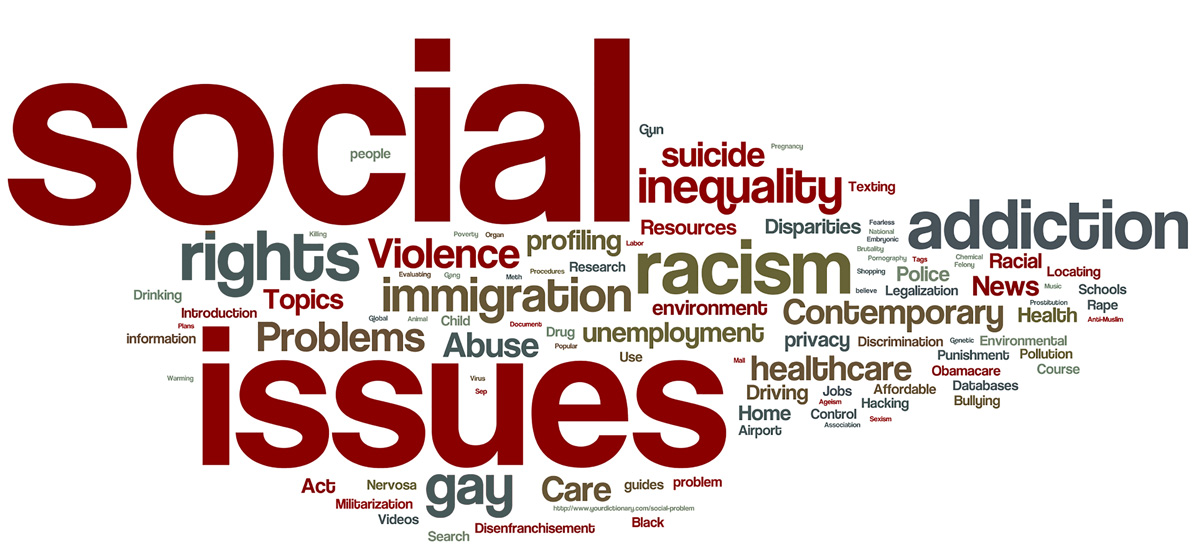
What We Do
Uncommon Consulting is dedicated to eliciting awareness concerning lesser-known, yet crucial topics. We seek to engage our audience in critical thinking to bring about solutions to society’s most pressing problems. Our innovative and evidence-based workshops aim to inform, educate and galvanize attendees into tackling issues including social injustice, mental health, criminality, familial dysfunction, and substance use.
How Do We Do That?
The first step to tackling any problem is raising awareness, and increasing knowledge. We shed light on lesser-known, but imperative subjects, essentially introducing people to information that can help solve social problems. Once awareness has been established, we then offer practical, workable solutions for these problems.
Current Topics Offered
Implicit Bias: The Root of Prejudice - Despite efforts to reduce racial disproportionality and disparities in the juvenile justice system, research has shown that not only do these issues persist, but that they may be worsening. Implicit bias, or underlying and often unconscious mental processes that cause people to have negative thoughts and feelings about others, has been demonstrated to be a significant contributor to systemic racial disproportionality. To address this, research has shown that training around implicit bias can be successful in helping individuals and organizations to identify their own bias and to manage the impact it has on their daily decision making.
Power Dynamics in Working with Vulnerable Populations - When working with vulnerable populations, power has a significant impact on relationships, as well as the work being done, yet it is a rarely discussed dynamic. Specifically, power exists on several different levels, including role/profession, gender, race/ethnicity, and physical size. Each of these play an important role in the psychology of the vulnerable person and of the person in power, as well as in the relationship between the two. Exploring this dynamic does not mean eliminating the impact of power, but using it to inform the work being done and helping to develop understanding of ourselves as well the populations being served. In this training, attendees will gain an understanding of what power is, how it differs and converges with privilege, and how it manifests in their work. The trainers will provide information on the psychological dynamics of a relationship in which one person is clearly in a position of power and the other person is not, and will lead a discussion on strategies for attendees to use in managing their roles in power.
Feeling Insane in the Membrane: Trauma and the Adolescent Brain - Studies have shown that as many as 90%+ of youth involved in the juvenile justice system have experienced at least one trauma. These experiences of trauma can have a significant impact on a children and adolescents’ developing brains, which then impacts their ability to function academically, socially, and emotionally at the level of their peers. In this presentation, attendees will learn what trauma is, how it impacts early childhood and adolescent brain development, what the implications are for behavioral and emotional functioning, and what strategies they can use to support adolescents who have experienced trauma. Attendees will use the information they have learned, as well as information they have gathered in their experiences, to practice exploring case studies from a trauma-informed lens.
Attachment Theory and How it Shapes Society - Attachment theory (not to be confused with Attachment Parenting) posits that our earliest interactions with our primary caregiver(s) greatly influence our personalities, behaviors and relationships across the lifespan.There are four different kind of attachment styles: secure, insecure-avoidant, insecure-ambivalent, and disorganized, with “secure attachment” being the gold-standard. But why does this matter? These attachment styles greatly impact a person’s view of him/herself and others and having an understanding of the concepts presented in attachment theory is critical to the vast majority of the population because failure to securely attach can lead to poor coping skills, poor self-regulation, low self-esteem, lack of empathy and compassion, substance use, criminal activity, family problems, mental health issues, self-harm and problems with interpersonal relationships - all of which negatively affect so many facets of society.Knowledge of Attachment Theory enables us as workers, parents and individuals to be able to better assess, diagnose, prevent, manage and treat any negative symptoms and behaviors and in doing so address a multitude of societal problems. Presenters will discuss how attachment is formed, how negative attachment styles are identified, how attachment disorders are diagnosed and how consideration of Attachment Theory can alleviate societal problems such as criminality/incarceration, substance use, suicidality, and mental illness.

